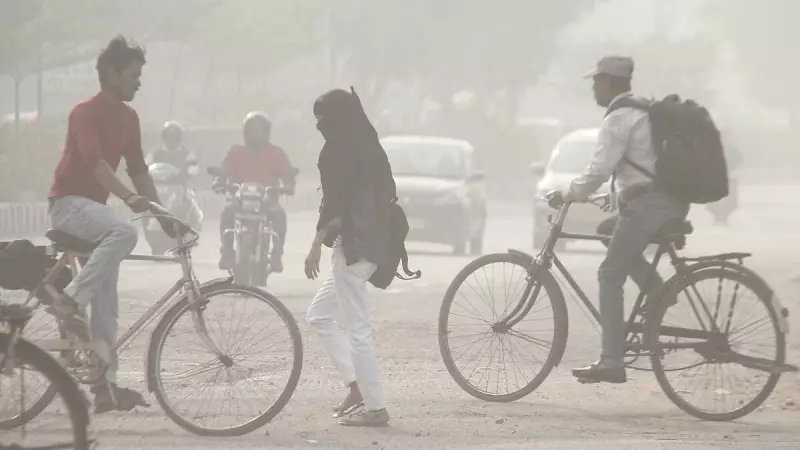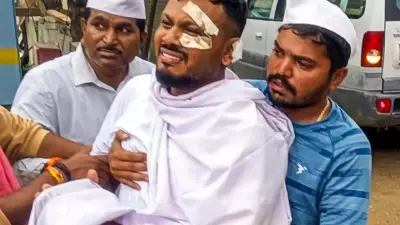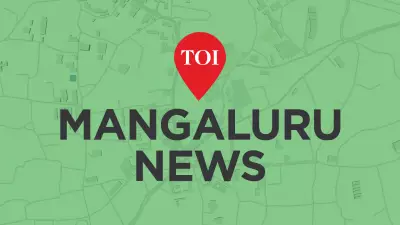
Delhi's battle with air pollution has intensified as authorities implemented Stage III of the Graded Response Action Plan (GRAP) on Tuesday morning. The capital's air quality index (AQI) deteriorated from the 'very poor' category to 'severe,' prompting immediate regulatory action.
What Triggered the Severe Air Quality?
The alarming decline in air quality occurred due to a combination of stagnant weather conditions and persistent local emissions. On Tuesday, November 12, 2025, monitoring stations across the city recorded AQI levels that crossed into the severe category, marking a significant worsening from the preceding days when air quality was classified as 'very poor.'
Meteorological factors played a crucial role in this deterioration. The absence of wind and temperature inversion trapped pollutants close to the ground, preventing their dispersion. This atmospheric stagnation, combined with ongoing emissions from various sources, created the perfect storm for pollution accumulation.
GRAP-III Restrictions: What's Banned and What's Allowed
With the implementation of GRAP-III, several immediate restrictions have come into force across the National Capital Region. The Commission for Air Quality Management has mandated specific prohibitions to curb pollution levels.
The banned activities include:
- Construction and demolition activities, except essential government projects
- Operation of BS-III petrol and BS-IV diesel vehicles
- Stone crushers and mining operations
- Brick kilns not using approved technologies
Activities permitted to continue include:
- Essential services and emergency work
- Medical and healthcare facilities
- Public transportation systems
- Electric and CNG vehicles
Public Health Implications and Future Outlook
The shift to severe AQI levels poses significant health risks, particularly for vulnerable groups including children, elderly citizens, and individuals with pre-existing respiratory conditions. Health authorities have advised residents to limit outdoor activities and use protective masks when venturing outside.
Environmental experts suggest that the current situation may persist unless meteorological conditions improve significantly. The implementation of GRAP-III represents the third stage in the four-tier air quality response system, indicating the seriousness of the pollution crisis facing the capital region.
Authorities continue to monitor the situation closely, with the possibility of implementing more stringent GRAP-IV measures if air quality fails to improve in the coming days. Residents are encouraged to stay informed about air quality updates and adhere to the prescribed restrictions for collective benefit.





